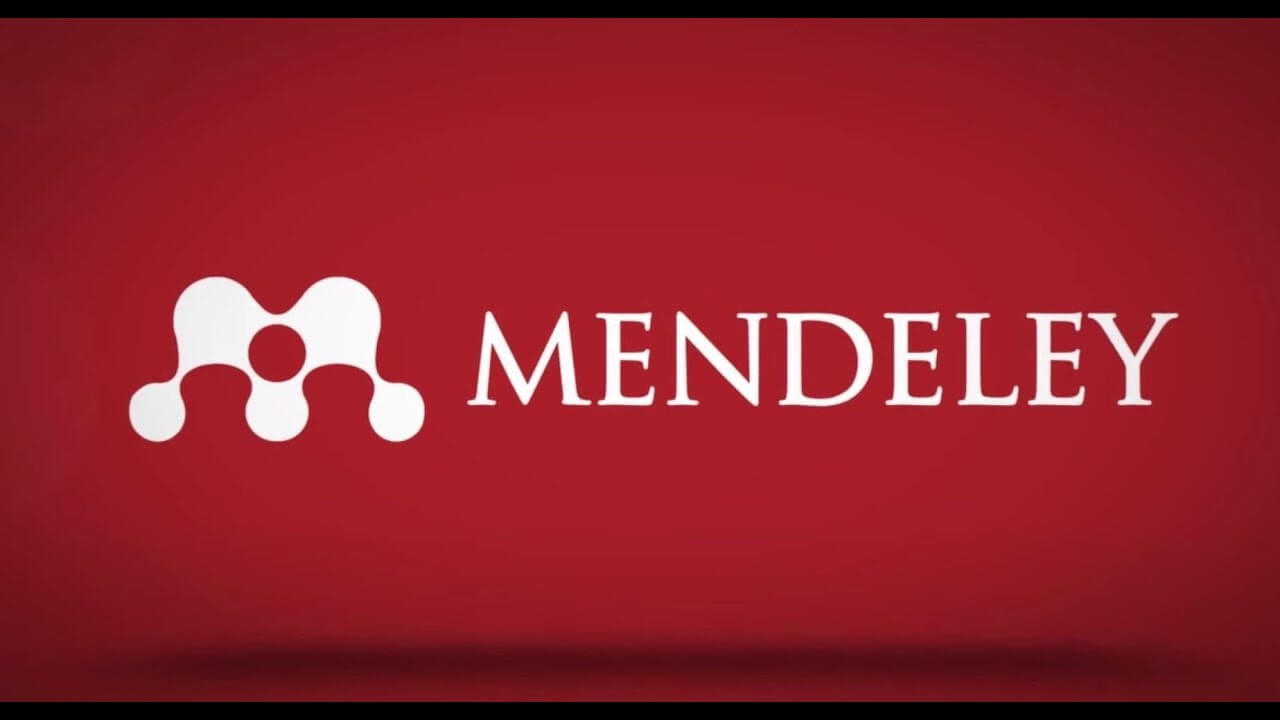Development of An-Nawa Method-Based Learning Module for Basic-Level Quranic Literacy
Abstract
Learning to read and write the Qur'an is fundamental to Islamic religious education. However, existing teaching methods often need to be more effective in meeting diverse learners' needs. It encourages the development of adaptive modules that meet the needs of students, such as the An-Nawa module, which adapts the Iqra and Ummi methods. This study aims to create an adaptation of the An-Nawa Module of Iqra and Ummi and assess how well it works. The research methodology employs the ten-stage Borg and Gall research and development technique. The research and development study's findings indicate that the following principles developed the An-Nawa module: analysis of educational needs, gathering pertinent data, product design that takes students' needs into account, validation demonstrating the module's viability, design revision, testing, product revision, usage testing, product revision, as well as socialization and implementation. These phases are all essential to developing a module, which also involves implementation, assessment, and revision to guarantee the module's viability and efficacy in raising students' proficiency in reading and writing the Al-Qur'an. The suggestions are to do limited testing, involve experts in the development process, and revise the module continuously to raise its quality. To guarantee that the module positively influences students' abilities to read and write the Al-Qur'an, socialization, and module execution are equally crucial.
References
A’yun, T. Q., & Romadlon, D. A. (2023). Analysis of al-Qur’an learning the ummi metode method at Islamic elementary school. Indonesian Journal of Education Methods Development, 18(1), 10–21070. https://doi.org/10.21070/ijemd.v21i.702
Black, P., & Wiliam, D. (2018). Classroom assessment and pedagogy. Assessment in Education: Principles, Policy & Practice, 25(6), 551–575. https://doi.org/10.1080/0969594X.2018.1441807
Chaer, H., Rasyad, A., Sirulhaq, A., & Malik, D. A. (2022). Al-qur’an sebagai permata sastra. PALAPA, 10(1), 170–197. https://doi.org/10.36088/palapa.v10i1.1700
Clark, R. C., & Mayer, R. E. (2023). E-learning and the science of instruction: Proven guidelines for consumers and designers of multimedia learning. John Wiley & Sons.
Cramer, K. M., Ross, C., Plant, L., & Pschibul, R. (2018). Efficacy of learning modules to enhance study skills. International Journal of Technology and Inclusive Education, 7(1), 1251–1259. https://doi.org/10.20533/ijtie.2047.0533.2018.0153
Docherty, A., Warkentin, P., Borgen, J., Garthe, K., Fischer, K. L., & Najjar, R. H. (2018). Enhancing student engagement: Innovative strategies for intentional learning. Journal of Professional Nursing, 34(6), 470–474. https://doi.org/10.1016/j.profnurs.2018.05.001
Fauji, I., Fahyuni, E. F., Muhid, A., & Fahmawati, Z. N. (2020). Implementing child-friendly teaching methods to improve qur’an reading ability. Jurnal Pendidikan Islam, 6(1), 69–78. https://doi.org/10.15575/jpi.v6i1.8078
Gumiandari, S., Sabrina, A., & Nafi’a, I. (2023). The correlation between verbal linguistic intelligence and reading the qur’an in an islamic perspective. Journal Corner of Education, Linguistics, and Literature, 2(4), 318–329. https://doi.org/10.54012/jcell.v2i4.137
Guskey, T. R. (2003). How classroom assessments improve learning. On Formative Assessment: Readings from Educational Leadership (EL Essentials).
Hasnah, N., & Muliati, I. (2022). Penerapan metode iqra’dalam pembelajaran membaca alQuran. An-Nuha, 2(1), 109–122. https://doi.org/10.24036/annuha.v2i1.161
Hattie, J. (2008). Visible learning: A synthesis of over 800 meta-analyses relating to achievement. Routledge.
Hattie, J., & Timperley, H. (2007). The Power of Feedback. Review of Educational Research, 77(1), 81–112. https://doi.org/10.3102/003465430298487
Herawati, Y. W. (2022). The inefficiency of ummi method in learning al-Qur’an. International Symposium on Religious Literature and Heritage (ISLAGE 2021), 318–323. https://www.atlantis-press.com/proceedings/islage-21/125970521
Hernawan, D., & Muthoifin, M. (2019). Penerapan metode ummi dalam pembelajaran al-Qur’an. Profetika: Jurnal Studi Islam, 19(1), 27–35. https://doi.org/10.23917/profetika.v19i1.7751
Ismail, F. B. H., Sabirin, S., Zahari, W. A. M. B. W., Rouzi, K. S., & Kirin, A. B. (2022). The practice of reading al-Qur’an among Islam youths. QiST: Journal of Quran and Tafseer Studies, 1(2), 105–127. https://doi.org/10.23917/qist.v1i2.1062
Nurdiana, B., Mafruhah, A. Z., Hasbiyallah, H., & Farida, I. (2022). Faktor penghambat kemampuan siswa smp dalam membaca al-Quran. Almarhalah| Jurnal Pendidikan Islam, 6(2), 211–219. https://doi.org/10.38153/almarhalah.v6i2.146
Rahayu, T., Daulay, H., & Zulheddi, Z. (2020). Implementation of al-Qur’an reading learning tartili method in mas sinar serdang perbaungan. Budapest International Research and Critics in Linguistics and Education (BirLE) Journal, 3(2), 1021–1032.
Rodhiyah, I. M., & Rohmah, M. (2022). Pendampingan pembelajaran ilmu tajwid untuk meningkatkan kemampuan membaca al-qur’an di TPQ Nurul Huda Dusun Pusuh Besowo Timur. Jurnal Pengabdian Kepada Masyarakat Desa (JPMD), 3(1), 93–102. https://doi.org/10.58401/jpmd.v3i1.740
Sardar, Z. (2017). Reading the Qur’an: The contemporary relevance of the sacred text of Islam. Oxford University Press.
Sugiarto, A. (2020). Pengaruh kompetensi profesional guru dan penggunaa metode ummi terhadap kemampuan membaca al-Qur’an siwaa. An Naba, 3(2), 150–163.
Tambak, S., Abd Ghani, A. R. bin, Sukenti, D., Syarif, M., & Susanti, S. (2023). Ummi method for madrasah teacher professionalism: Is it effective for improving al-Qur’an reading skills? Potensia: Jurnal Kependidikan Islam, 9(1), 43–57. https://doi.org/10.24014/potensia.v9i1.21472
Tanjung, E. F., Hayati, I., & Hasibuan, M. F. (2022). Application of al-Quran learning with the tartila method for junior high school students in Sibolga. AL-ISHLAH: Jurnal Pendidikan, 14(2), 1257–1270. https://doi.org/10.35445/alishlah.v14i2.1187
Wahyuni, E. D. (2018). The students’interest towards reading al-Qur’an. JARES (Journal of Academic Research and Sciences), 3(2), 10–19. https://doi.org/10.30957/JARES.V3I2.490
Yoon, K. S. (2007). Reviewing the evidence on how teacher professional development affects student achievement. https://www.academia.edu/download/32528706/REL_2007033.pdf
Zamzami, A. K. (2022). Tradisi membaca al-Qur’ân: Kajian living quran di pondok pesantren tarbiyatunnasyiin paculgowang jombang. Journal of Islamic Education and Pesantren, 2(2), 121–132. https://doi.org/10.33752/jiep.v2i2.3787
Copyright (c) 2024 IJGIE (International Journal of Graduate of Islamic Education)

This work is licensed under a Creative Commons Attribution-ShareAlike 4.0 International License.

















